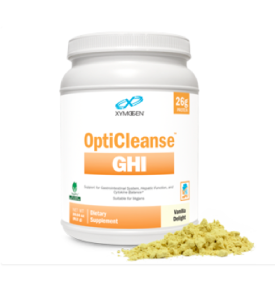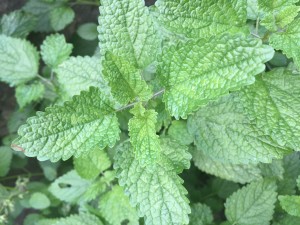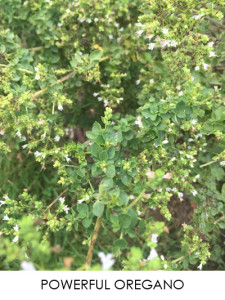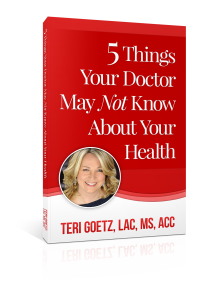
Detoxing, for the uninitiated, can feel daunting. Where do I start? Which type of detox do I do? What’s the difference between a juice fast and a proper detoxification? There’s a ton of “fad” detoxing out there and a bunch of unhealthy ones, too!
I personally prefer a proper, protein and healthy food filled detoxification. Sure, juicing for a few days here and there can be good, but if you really want to rid yourself of toxic substances in your body, you’re going to need more support than that. You will also need more protein and supplements to fortify you in your detoxification so that you are functioning well and feeling good.
When you get started, you’ll want support—from me, your loved ones, your friends — so ask for it. Most importantly, for this adventure, you need to build your internal muscles of self-love. Ya gotta love yourself right through this. And you can do it. Isn’t it about time?
It can be challenging to start the detox program (or anything new for that matter). Quite honestly, most people don’t have the guts for what you’re thinking of doing—improving yourself by thinking (and eating) outside the box.
Here are some quick guidelines to make the first few days more exciting than daunting:
- You can do anything for a day. Just think, “Today.” And then another day. And then you can do anything for just 2 weeks. And then hopefully 3 — and so on. It’s not a death sentence and it’s not for the rest of your life. And you shouldn’t be hungry! Just take it a day at a time. Remember: you chose this for yourself. You chose to get healthier once and for all. Once you get past the first couple of days, cravings will subside dramatically then completely evaporate. Your blood sugar will normalize and you will start to have more energy and feel balanced throughout the day.
- Go shopping for what you need. Ideally, you’ve done some of this already. If not, get on it! You don’t want to be tempted by junk or non-negotiables (like gluten, dairy etc.) in your house because you didn’t take the time to plan. Also, if the cupboard is bare, you will be more tempted to go out for a “quick fix,” and chances are that won’t be ideal. Shop. Stock up on goodness.
- Don’t skip meals. Let me repeat that: DON’T skip meals. Your body will hold on to fat and start storing things because it’s afraid it’s starving, even if it’s only a 5 or 6 hour gap in nutrition. Have your healthy snacks in between your meals. If you plan and eat— shake, snack, lunch, snack, dinner (or shake) you should not be hungry.
- Create a mantra for yourself. That might be something like: “I am getting healthier by the day” or “I take good care of myself because I am worth the effort.” Or maybe it’s like this: “I have faith that I can do whatever it takes to feel vibrant and healthy” or “I’m so excited to feel healthy and vibrant.”
- Take an extra few minutes in the morning — and whenever you hit a rough patch — to repeat your mantra to yourself.
Remember, you’re creating new habits. Habits take about 3 weeks to become really wired in your brain and therefore in your life. Every day and every moment you follow through on taking care of yourself, following the detox protocol, is another moment and day that counts toward a habit change — of having healthy choices be your default!
Happy detoxing, and let me know if you’d like to try my detox plan — which contains a medical food shake, excellent supplements, a good, healthy diet and a ton of support! It’s affordable and it can change your life. Read what Tana said:
“I am no longer a Type-II diabetic!! My hemoglobin A1C is down, cholesterol down nearly 100 points, blood sugar is stable and I’ve lost 60 lbs! (nb: after 6 months) I started to feel amazing after just a week of the detox. I felt so good, I just kept going! It really wasn’t that hard after I got the hang of it, and now I feel so much better, I’ll never go back to eating the junk that made me sick again”
If you would like to learn about my detox plan and to see if it’s right for you, email me at Teri@TeriGoetz.com


 People mistakenly lump herbs in with culinary spices. But herbs are more than just leaves we use to flavor our food. They are also powerful medicine. Herbs contain volatile oils, acids, polysaccharides, vitamins, minerals, and more, all of which pack them with countless health supporting qualities. The fresher the ingredients, the stronger the benefits. Making a tea (or “soup” in Chinese medicine) from herbs and spices generally pulls the powerful elements out of them more strongly than if you were to use them dried or ground.
People mistakenly lump herbs in with culinary spices. But herbs are more than just leaves we use to flavor our food. They are also powerful medicine. Herbs contain volatile oils, acids, polysaccharides, vitamins, minerals, and more, all of which pack them with countless health supporting qualities. The fresher the ingredients, the stronger the benefits. Making a tea (or “soup” in Chinese medicine) from herbs and spices generally pulls the powerful elements out of them more strongly than if you were to use them dried or ground.
